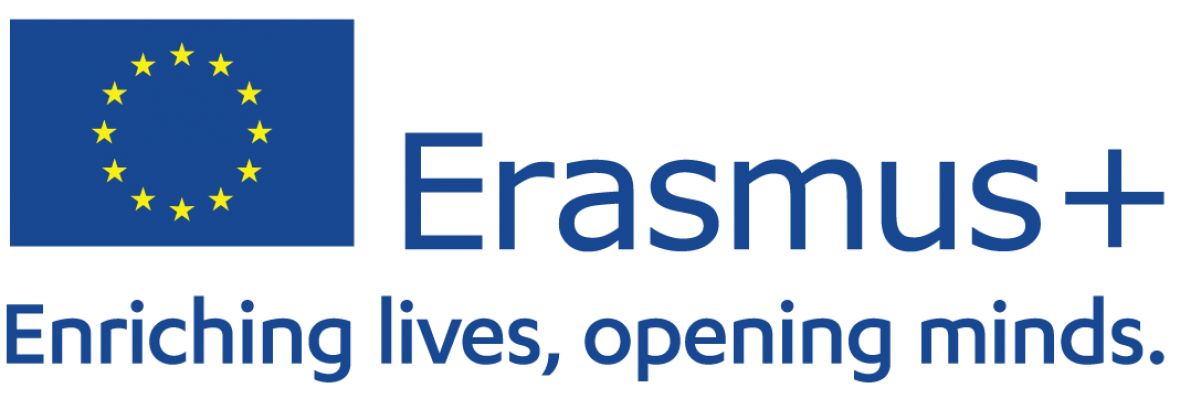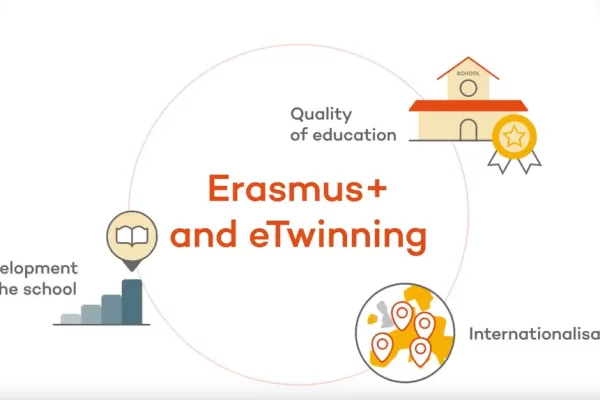Resume
The main objective of the study was to assess the impact of Erasmus + VET mobility projects on the further career path of the participants. The study was conducted between 2017 and 2019, using quantitative (online survey) and qualitative (interviews and focus groups) methods, in collaboration with 10 National Agencies.
The analysis focused mainly on the following key questions:
- Does the mobility influence the future career and personal development of trainees and former trainees, and if so, to what extent?
- Which new competences and skills did the mobility participants acquire or develop during their practical vocational training abroad?
- To what extent were the acquired competences useful, especially in the context of their professional status and position in the labour market?
Conclusions
- A large number of former VET trainees recognize its positive impact on their personal growth and basic life skills.
- A longer internship period abroad had a greater impact on soft skills and on most professional competencies.
- Considering the VET domains trainees in tourism, hospitality and catering (who tended to participate in the longest internships compared to other training fields) and those who received training in administration and services benefited the most from their mobility.
- Many respondents acknowledged that they could apply the skills they learned during their foreign internships to their careers and personal lives. This is especially true for soft skills such as interpersonal and teamwork skills.
Recommendations
- Traineeships should be closely related to a relevant VET domain in which they were trained at their school.
- As living and working abroad is an entirely new experience for most of the participants, it is a big challenge, especially for younger learners. This demonstrates the importance of selection as to host companies and participants’ living conditions.
- One of the aspects that needs more attention is the sustainability of contacts between former VET mobility participants and their host companies.
More information?
Looking for more information about this project? Get in touch: kontakt@frse.org.pl.




